StarFighter Linux Laptop with Thunderbolt 4 Available for Pre-order
Completely customizable
Star Labs, maker of Linux-equipped PCs, is taking pre-orders for the StarFighter custom laptop. This rather well-specced and highly configurable laptop comes with Thunderbolt 4 / USB 4, a choice of Linux distributions from Ubuntu, Mint, Manjaro and other configurable specifications. Privacy concerns are addressed via a snap-on magnetic camera and a Wi-Fi kill switch.
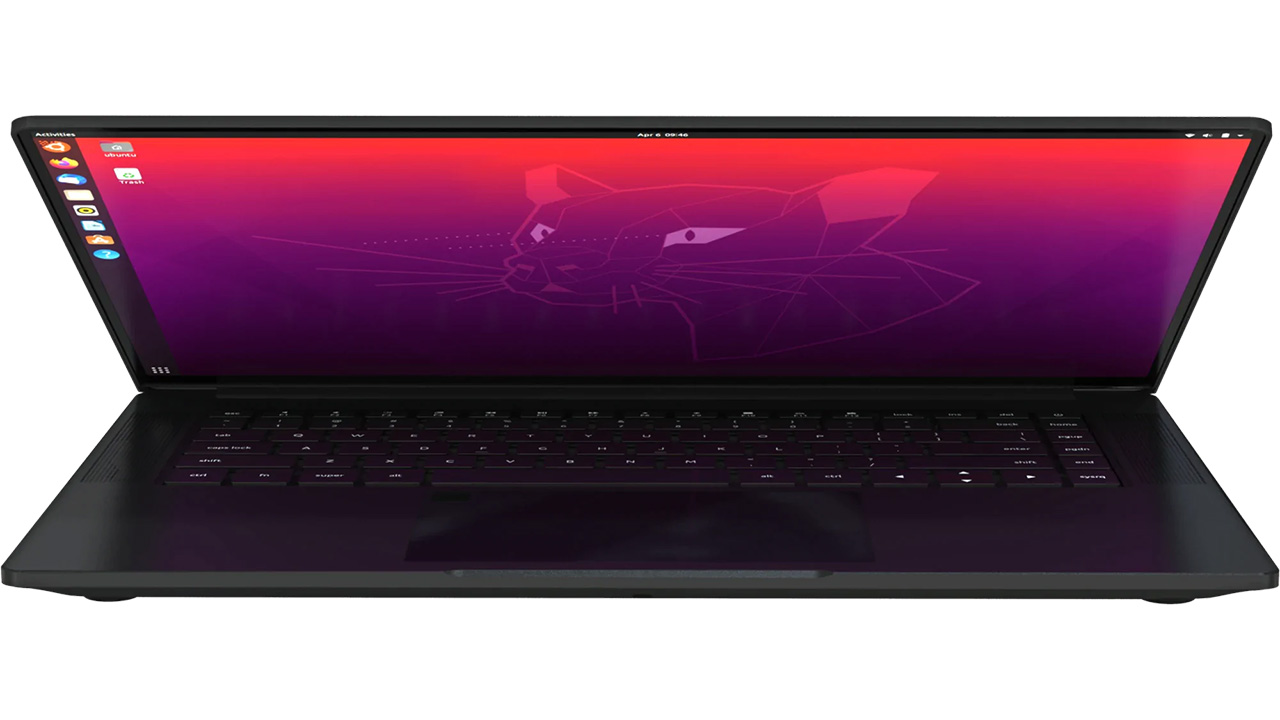
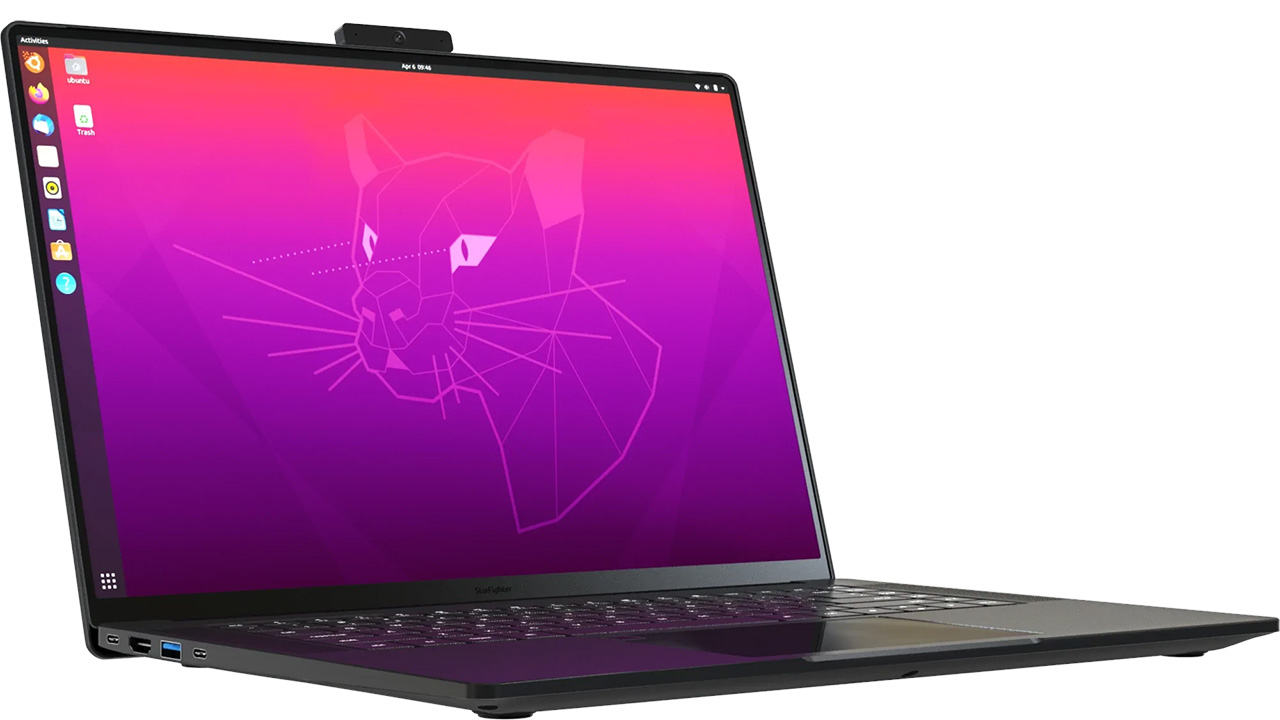
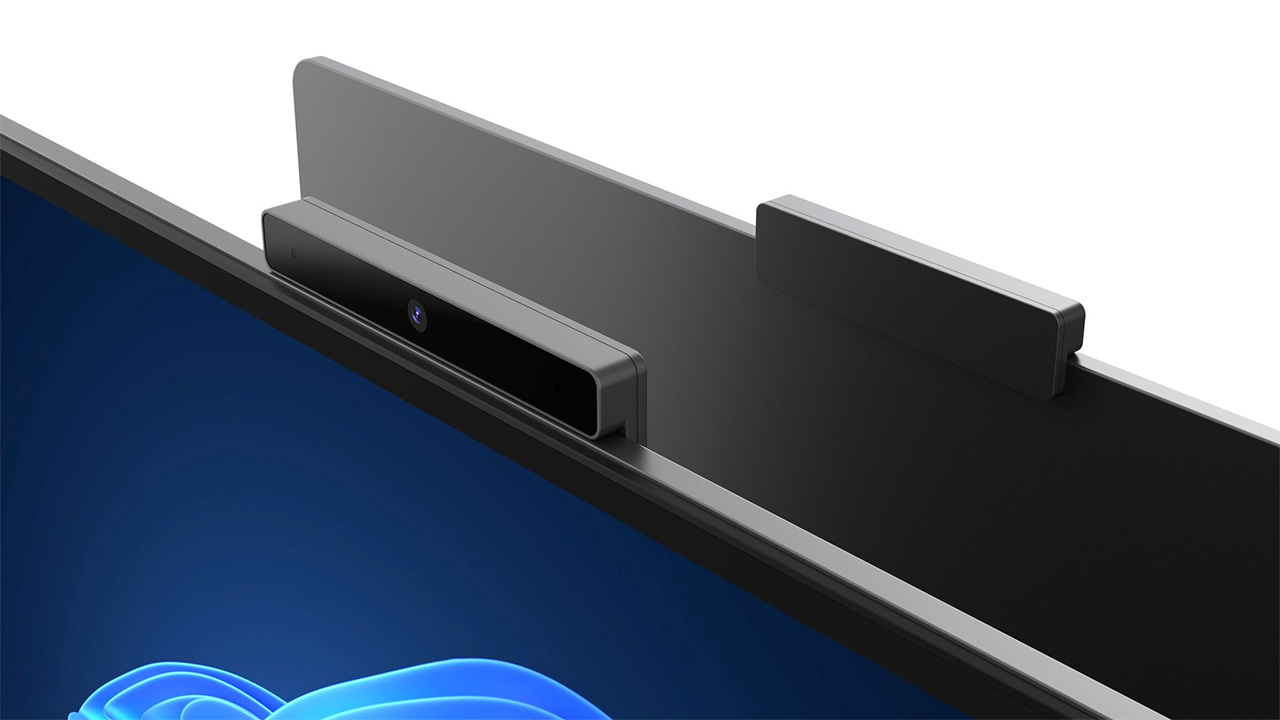
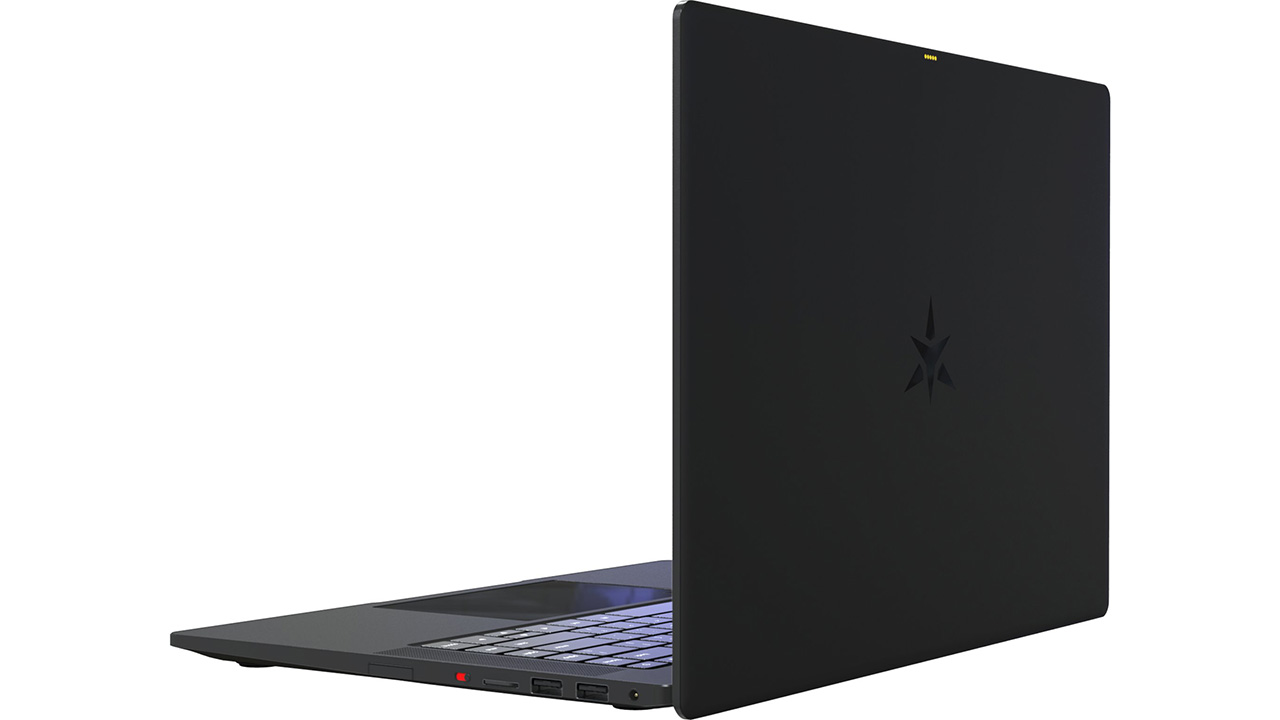
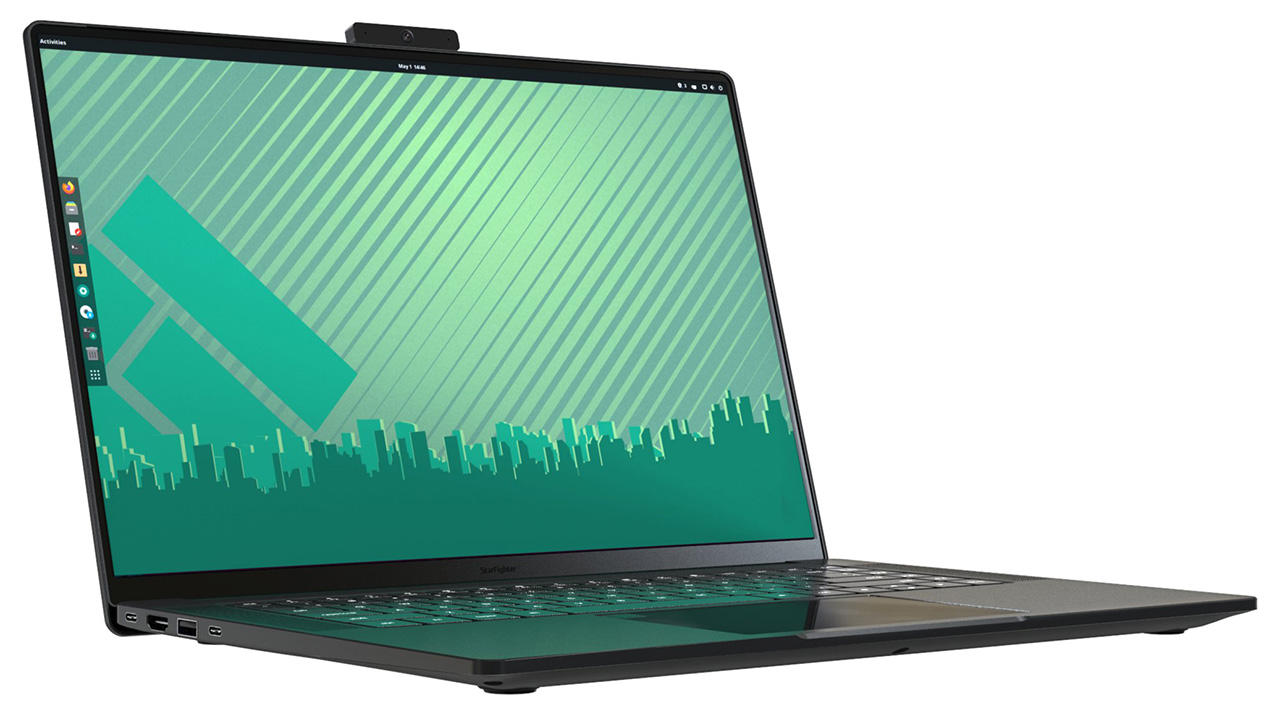
The StarFighter is a highly customizable machine. The base model of the StarFighter comes with a 12th-generation Intel i3 processor, but you can build your way to an 12th-gen i7, AMD Ryzen 7 (6800H) or even an Intel i9, all with integrated graphics. RAM can be configured all the way from 16GB to 64GB, though this depends on your processor choice, and storage from a 240GB SATA SSD to 2TB of PCIe Gen 4 flash, with lots of options in between. You can even slip in a secondary SSD if you need to, with another 2TB available. There's a pair of SODIMM slots and two M.2 sockets inside, so DIY upgrades aren’t out of the question.
There's a choice of screens, with the standard 16:10 4K (3840 x 2400) 60Hz panel being replaceable with a 16:10 1440p alternative that can manage up to 165Hz. This latter option also consumes half the power of the 4K screen. There's a choice of firmware - American Megatrends or Coreboot - and you can specify a custom keyboard layout, if that’s your thing.
Operating system options are legion, allowing you to specify Ubuntu (22.04 LTS) Elementary OS, Kubuntu, Mint, MATE alternatives, XFCE front-ends, Plasma or Gnome versions of Manjaro, Zorin OS, or even Windows 11. There's even an option to have no OS at all.
The laptop features two Thunderbolt 4 ports (if you get an Intel model, they're USB 3.2 Gen 2 on the Ryzen 7 option), plus a single USB 3 Type-A, an HDMI, SD reader and a headphone jack. There's an interesting magnetic webcam module that snaps onto a port at the back of the screen, peeking over the edge toward the user, and it can be slipped into a recess in the chassis when you’re not using it. The magnetic connector uses USB, pointing to more possible upgrades. A hardware switch on the edge allows you to cut power to the wireless module, which when activated offers Wi-Fi 6E and Bluetooth 5.3. The makers claim up to 18 hours of battery life.
The configurable nature of the laptop means it’s available at a lot of different prices, but the base cost is $1,677, plus taxes and delivery. Dispatch is expected in 4-5 months.
Get Tom's Hardware's best news and in-depth reviews, straight to your inbox.

Ian Evenden is a UK-based news writer for Tom’s Hardware US. He’ll write about anything, but stories about Raspberry Pi and DIY robots seem to find their way to him.